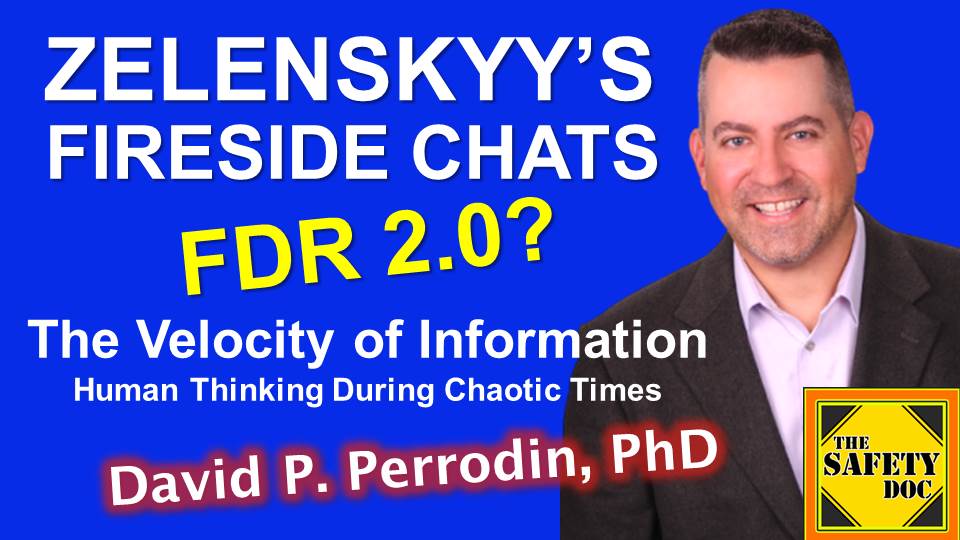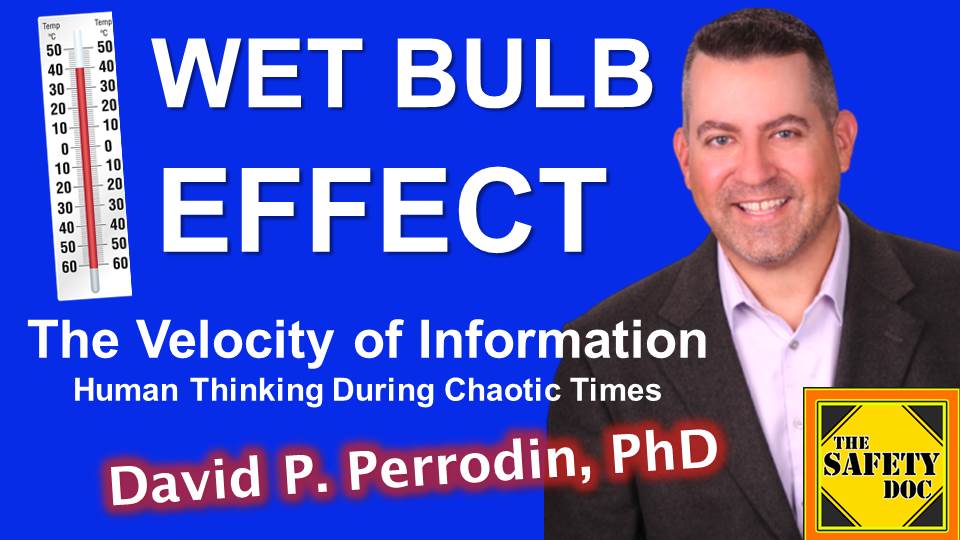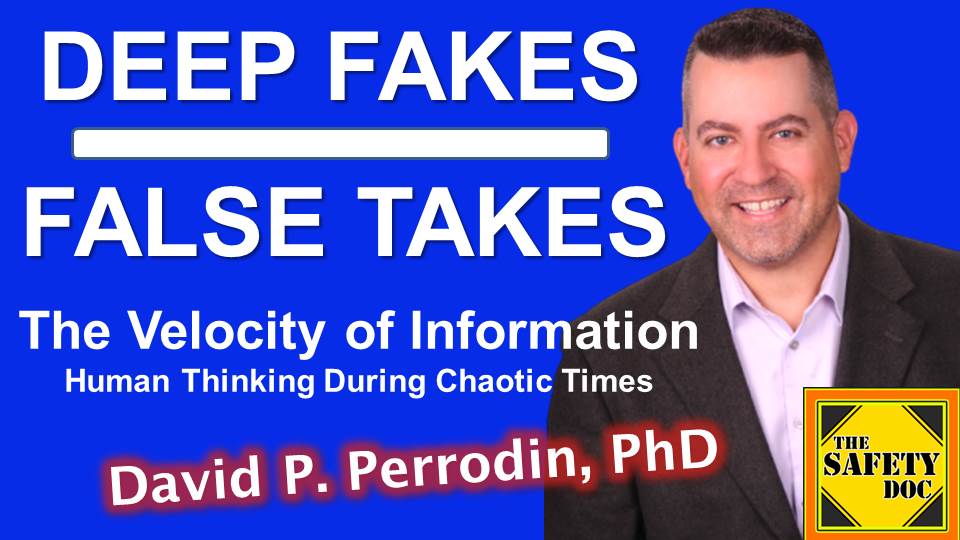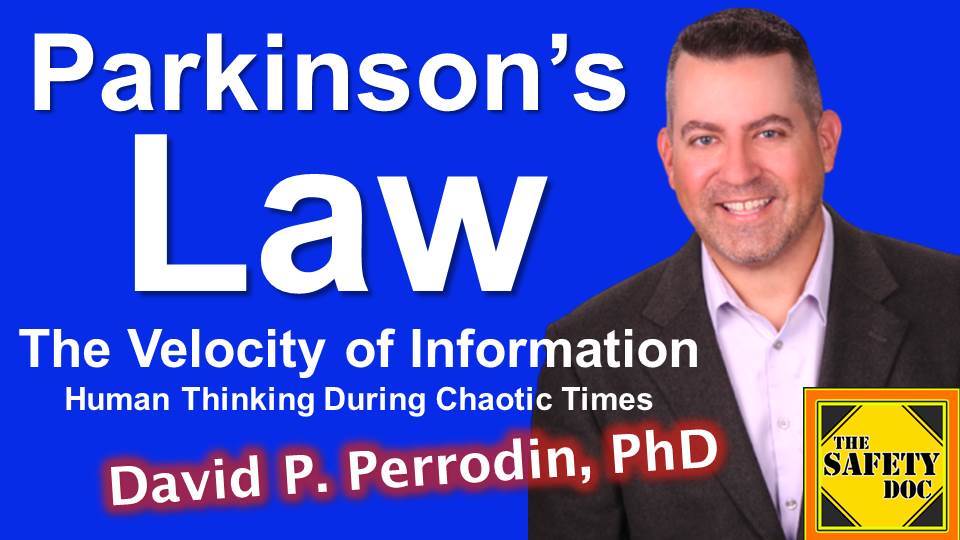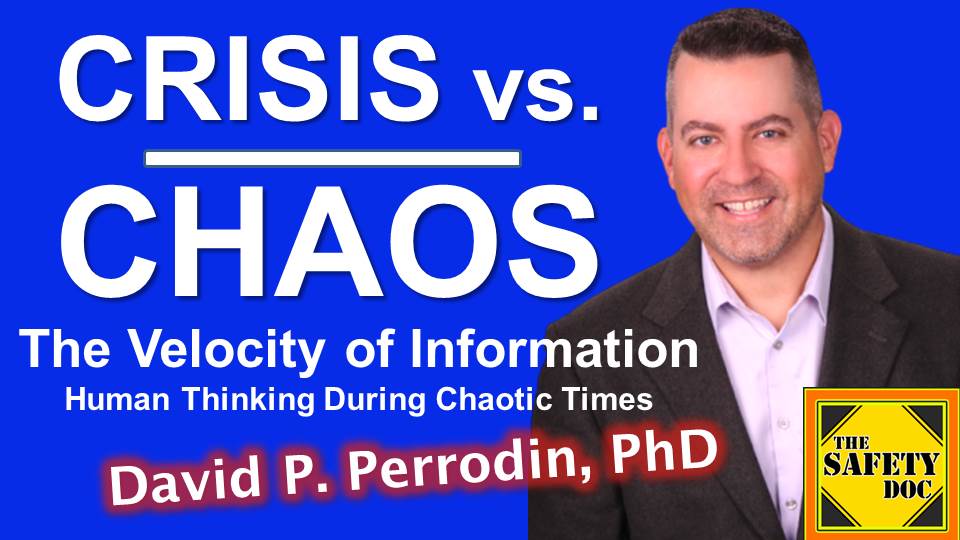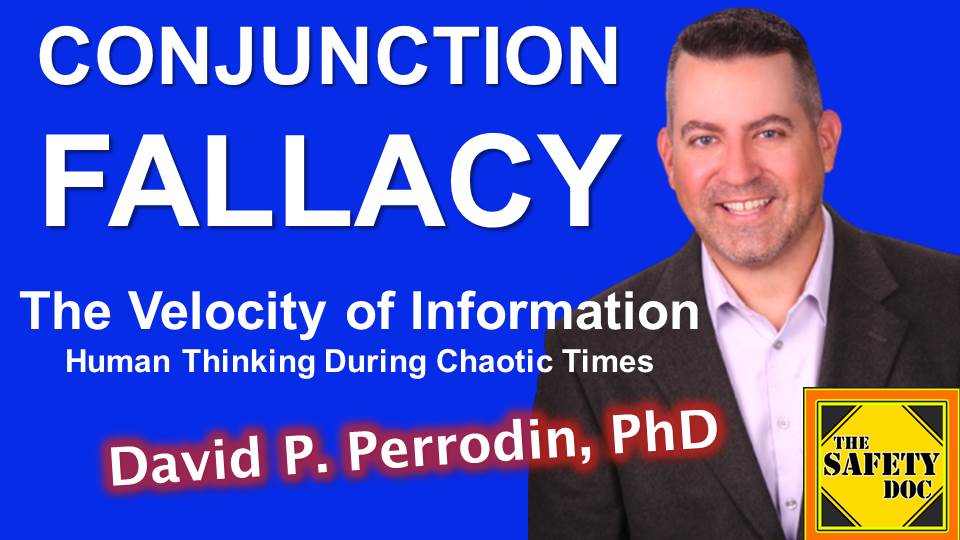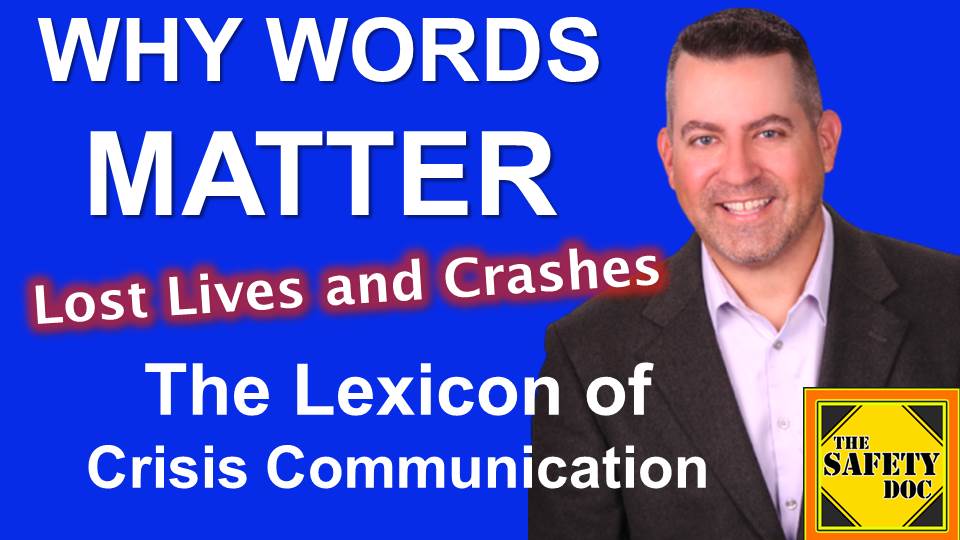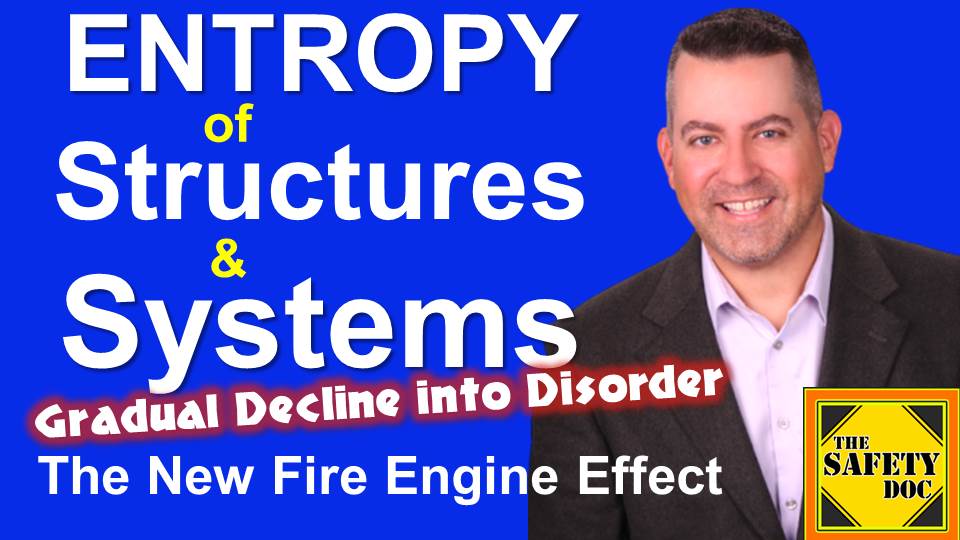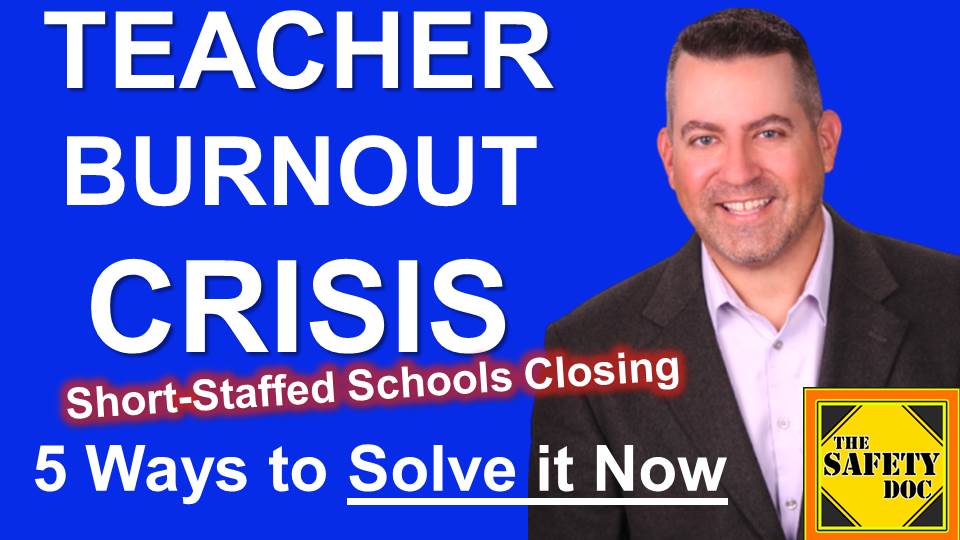Posts Tagged ‘Stress’
Propaganda Clone | How Zelenskyy Modernized FDR’s Fireside Chat | Velocity of Information | SDP178
[Podcast] Between 1933 and 1944, President Franklin Delano Roosevelt delivered 31 evening radio addresses to ameliorate the fears and concerns of the American people as well as to inform them of the positions and actions taken by the U.S. Government. The addresses were both novel and sticking. Ranging from 11 to 44 minutes, these informal…
Read MoreMeasuring the Wet Bulb Effect on Attention and Information | The Velocity of Information | SDP177
[Podcast] Stagnant, sweltering summer days cocoon us with unshakable pulsing heat and sticky humidity in what is known as a wet bulb effect. It’s downright uncomfortable. Our attention deviates from things at hand and centers on making an escape to our air-conditioned cars and dwellings, but the reprieve is temporary – and some of us…
Read MoreDeep Fakes and False Takes | The Velocity of Information | David P. Perrodin | SDP176
[Podcast] In June, 2019, U.S. lawmakers held their first hearing devoted primarily to the threat of artificially generated imagery. Then in October, 2019, California banned political deep fakes during election season. But, such actions have raised questions. What might be consequences looming at the intersection of deep fakes and public policy? DIRECT LINK to MP3…
Read MoreBreaking Parkinson’s Law in Chicago | The Velocity of Information | David P. Perrodin | SDP175
[Podcast] Remember fiddling around until the final hour to hunker down and complete an assignment for school or a project for work – even though you knew of the deadline for weeks? There you were, confident you could serviceably complete the task and submit it in a nick of time. Welcome to Parkinson’s Law! DIRECT…
Read MoreCrisis vs. Chaos | Bifurcation and Strange Attractors | The Velocity of Information | SDP174
[Podcast] What are the differences between crisis and chaos? Is a sudden bifurcation better than a gradual bifurcation? How might a “strange attractor” contribute to the sometimes long duration, and difficult-to-recognize, patterns in chaos? Doc will discuss these questions and read an excerpt pertaining to them from his book ‘The Velocity of Information: Human Thinking…
Read MoreConjunction Fallacy | Why We Believe Elaborate Reports | Taming Human Bias | SDP172
[Podcast] The `Conjunction Fallacy’ is a fallacy or error in decision making where people judge that a conjunction of two possible events is more likely than one or both of the conjuncts. Here are some examples. EXAMPLE ONE: Doc is a Wisconsinite who went to the store and bought tofu, eggplant, broccoli, and frozen meatless…
Read MoreWhy Words Matter | The Lexicon of Crisis Communication | Lost Lives and Crashes | SDP160
[Podcast] As Doc was writing School of Errors – Rethinking School Safety in America, he talked with parents of children killed or maimed by school shooters. Writing a book about school safety and taking on a multi-billion dollar industry needed to be done in a way that didn’t encroach on the dignity of those killed…
Read MoreEntropy of Structures and Systems | The New Fire Engine Effect | SDP159
[Podcast] Entropy is the gradual decline into disorder. An example of entropy is a melting ice cube. Water molecules are fixed and ordered in the cube. As it melts, the molecules become free to move and become independent and therefore become disordered. The second law of thermodynamics is that all things lead to entropy –…
Read MoreTeacher Burnout Crisis | Short-Staffed Schools Closing | 5 Ways to Solve It Right Now | SDP158
[Podcast] On Friday, November 12, 2021, classes were canceled for many public school districts in North Carolina. The intended purpose of the motion was to offer a mental health day for teachers and students experiencing burnout from the pandemic and the cumulative stress of contemporary education. Doc, with 25 years experience as an educator, describes…
Read More
